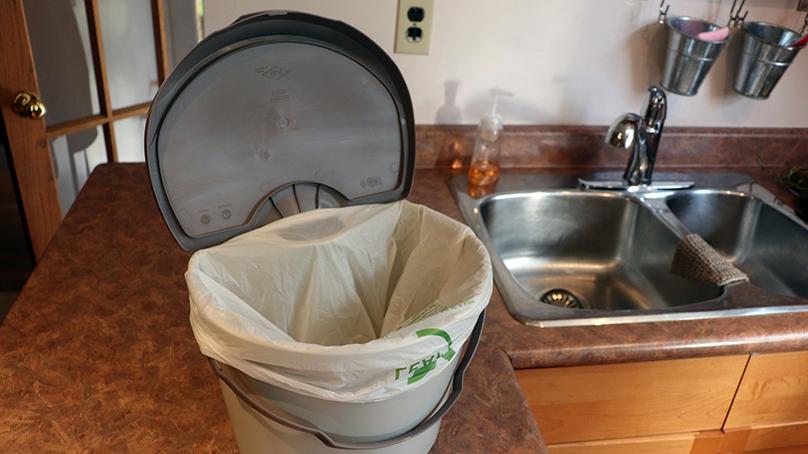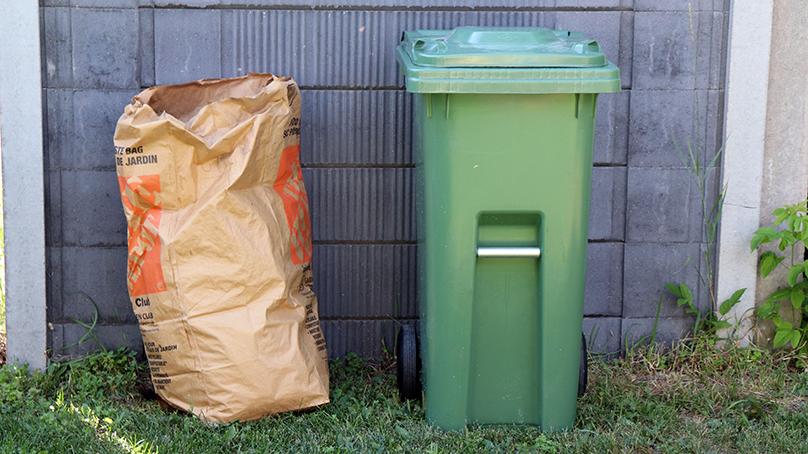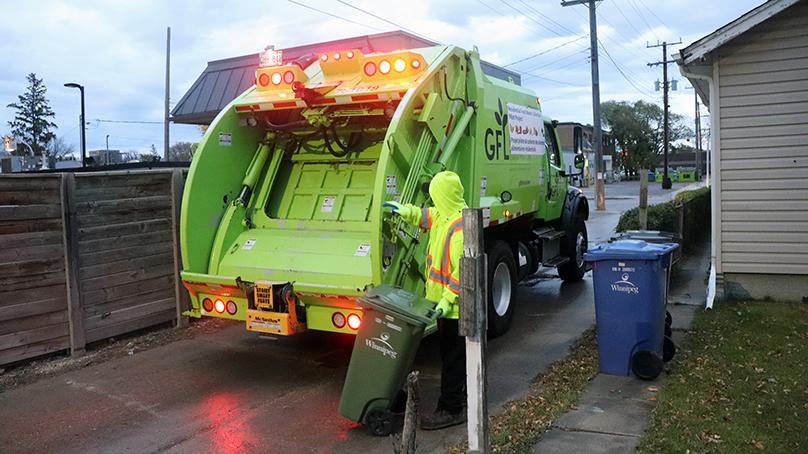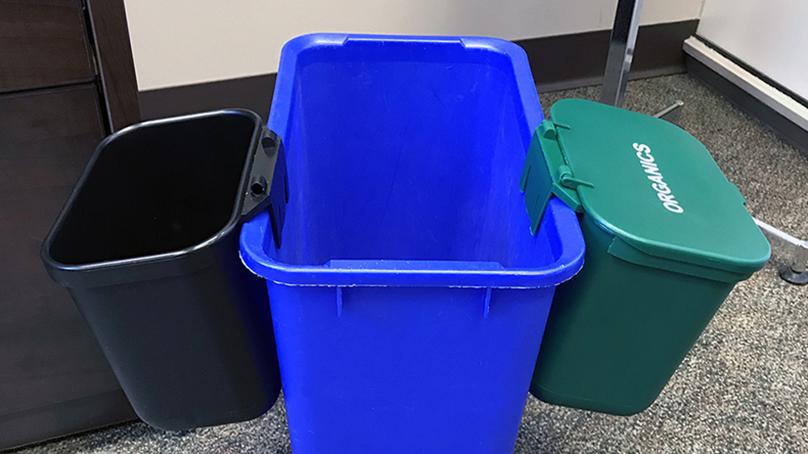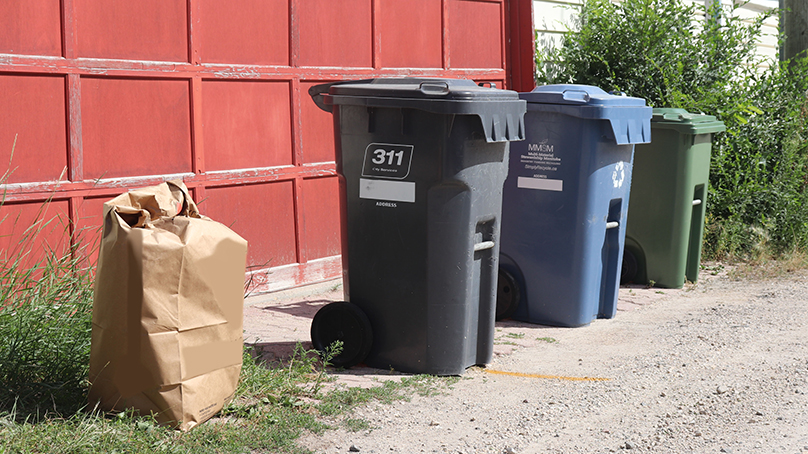
Since the launch of the residential food waste collection pilot project in 2020, participants have helped divert 440,000 kilograms of food waste from the landfill, significantly reducing greenhouse gas emissions.
The greenhouse gas emission reductions are equivalent to an average passenger vehicle driving 412,550 kilometres — the distance of driving across Canada 48 times.
The food waste collected from the pilot program was also used in the compost that was given away to residents for free during the fall compost giveaway event.
More than 4,000 homes in six neighbourhoods are participating in the pilot project to turn food waste into high quality compost.
This two-year pilot will help us learn if a city-wide program is needed, and what that could look like. Participants collect their food waste and soiled paper products in their kitchen pail, which is then emptied into the green cart for curbside collection. The carts are emptied once a week on the same day as recycling and garbage.
This isn’t our only food waste collection program. Several of our offices have introduced food waste collection, including Property, Planning & Development, City Hall, and Solid Waste Services. By separating out coffee grounds, food scraps, and paper towels, these offices are helping divert compostable materials from the landfill to help combat climate change.
You can reduce your own food waste, even if you aren’t part of the residential food waste pilot project.
Here are a few tips to consider:
- Shop smart by making a meal plan and only buy the food you need.
- Store your food properly and learn the best ways to store your fresh produce to prevent spoilage.
- Take regular inventories of what you have in your fridge, freeze, and pantry that you can use to make a meal.
- Donate any items you have in your pantry that are still good, but you don’t think you will use, to a local food bank.
- Try composting your food scraps in a backyard compost bin.

